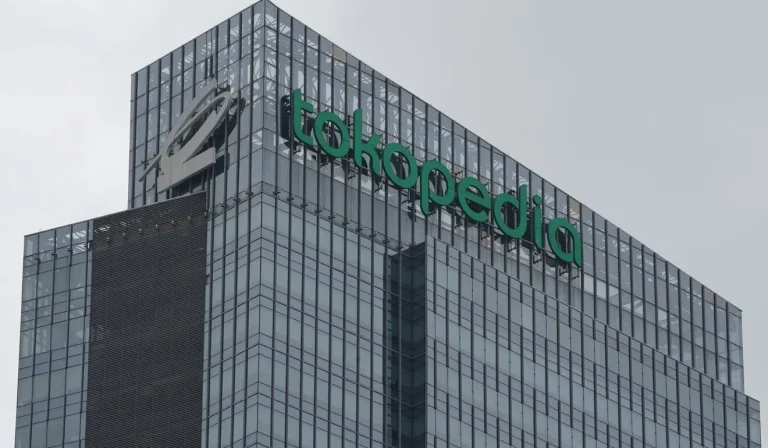🎧 Listen to This Article
No New Tax, But a Shift in Collection Mechanism to Improve Compliance and Ease for Online Merchants
As Indonesia’s digital economy continues to expand, the Directorate General of Taxes (DGT) is preparing to introduce a major policy shift: appointing digital marketplaces as official collectors of Income Tax (PPh) Article 22 on goods sold by merchants through e-commerce platforms.
This planned policy does not introduce a new tax, but rather transfers the responsibility of tax withholding from individual sellers to the platforms that facilitate their transactions. By doing so, the government aims to streamline tax compliance and reduce administrative burdens for online merchants.
Key Takeaways:
- Marketplaces to withhold PPh Article 22 on behalf of merchants for each transaction.
- Applies only to sales of goods (not services) via e-commerce platforms.
- MSMEs with turnover below IDR 500 million per year remain exempt under existing law (PMK No. 55/PMK.03/2022).
- The policy is still in the finalization stage, with future implementation to be preceded by public outreach and stakeholder consultation.
Why the Change?
Traditionally, sellers were expected to self-assess and pay PPh Article 22. However, with the rise of online marketplaces like Tokopedia, Shopee, and Lazada, the government sees an opportunity to utilize these platforms’ advanced digital infrastructure and real-time transaction data to improve tax collection efficiency.
By shifting collection to platforms, the policy aims to:
- Increase transparency and fairness in tax treatment between digital and traditional businesses.
- Strengthen tax compliance across the rapidly growing e-commerce sector.
- Expand the tax base and address risks of the shadow economy, which is harder to monitor under self-reporting systems.
Protection for Small Sellers Remains
In response to concerns over potential burdens on micro and small entrepreneurs, the DGT emphasized that domestic individual sellers with annual gross turnover below IDR 500 million will continue to be exempt from PPh, in line with current regulations. Therefore, most micro, small, and medium enterprises (MSMEs)—especially casual or part-time sellers—will not be directly affected by the new withholding mechanism.
Legal and Regulatory Context
This initiative aligns with Indonesia’s broader efforts to modernize and digitize its tax administration, following mandates under:
- Law No. 7 of 2021 on Harmonization of Tax Regulations
- Government Regulation No. 9 of 2021 on Tax Treatment for E-Commerce
- Minister of Finance Regulation No. 210/PMK.010/2018, which initially introduced PMSE tax obligations
While PPh Article 22 typically applies to government-related procurement and certain import activities, it is now being extended to retail sales of goods through digital channels, where appointed parties (in this case, marketplaces) act as tax withholders.
Collaborative Approach and Next Steps
According to the DGT, the policy draft has undergone meaningful consultation with stakeholders, including e-commerce platforms, business associations, and relevant ministries. The final regulation is expected to be issued after further review and technical readiness.
Once enacted, the government commits to a comprehensive public communication campaign, ensuring that affected parties understand their obligations and receive the necessary guidance for implementation.
Analyst Insight: Balancing Innovation with Compliance
Tax analysts view this policy as a pragmatic step toward integrating the digital economy into the formal tax system. By leveraging the reach and capability of digital platforms, the DGT can improve collection without overburdening individual merchants.
This also aligns with global trends, where tax authorities in countries like India, Mexico, and the EU have required digital intermediaries to collect VAT or income taxes on behalf of sellers.
“It’s not about taxing more, but taxing better. Shifting the collection point upstream improves oversight and simplifies things for small businesses,” said one Jakarta-based tax policy expert.
Conclusion
Indonesia’s move to designate marketplaces as PPh Article 22 collectors reflects a broader shift toward digital-era tax administration—one that prioritizes efficiency, equity, and compliance. With safeguards in place for MSMEs and strong collaboration with private platforms, the policy could become a cornerstone of sustainable e-commerce taxation in the years ahead.
For further details, clarification, contributions, or any concerns regarding this article, please get in touch with us at editorial@tax.news. We value your feedback and are committed to providing accurate and timely information. Please note that our privacy policy will handle all inquiries.



